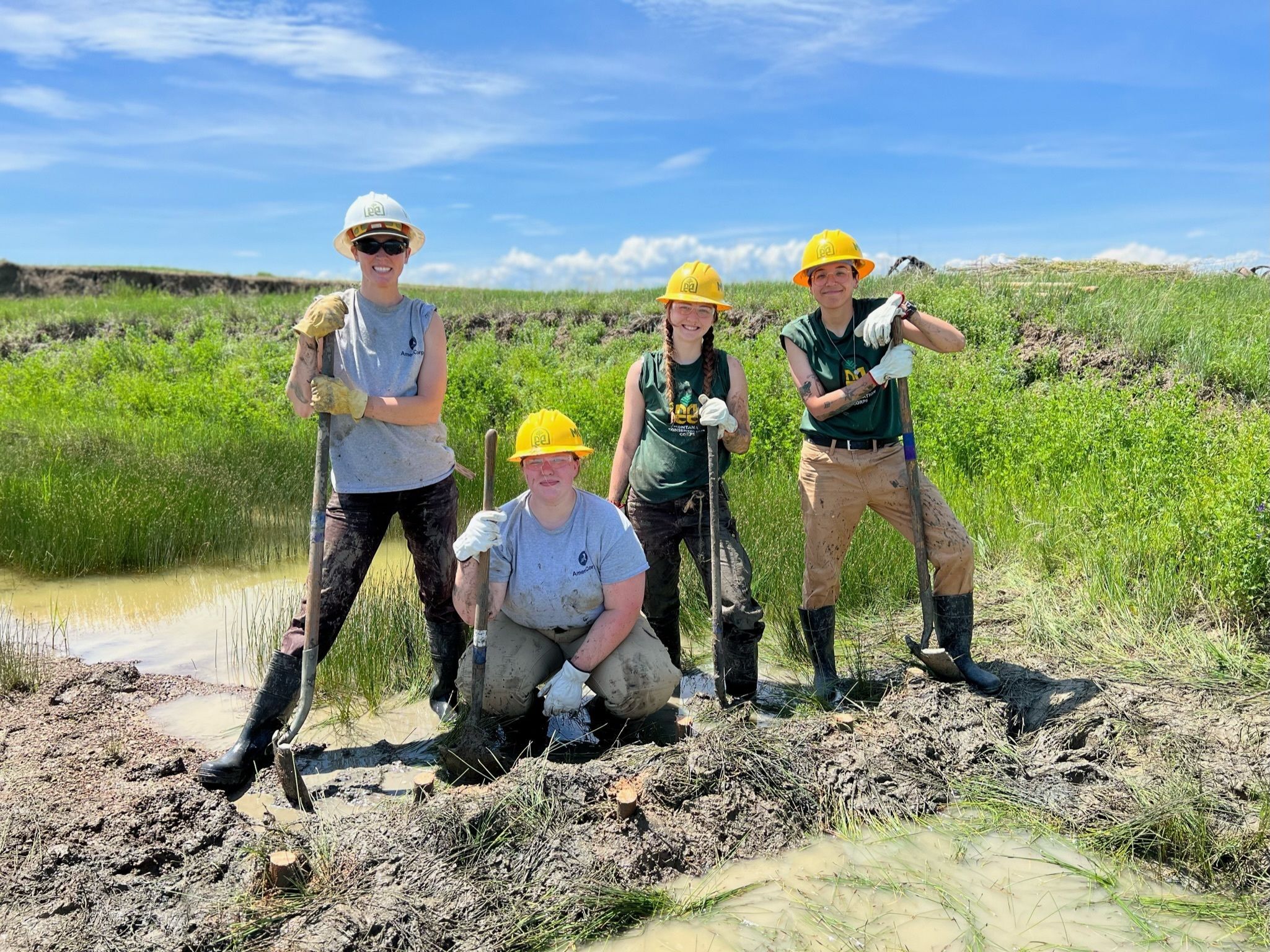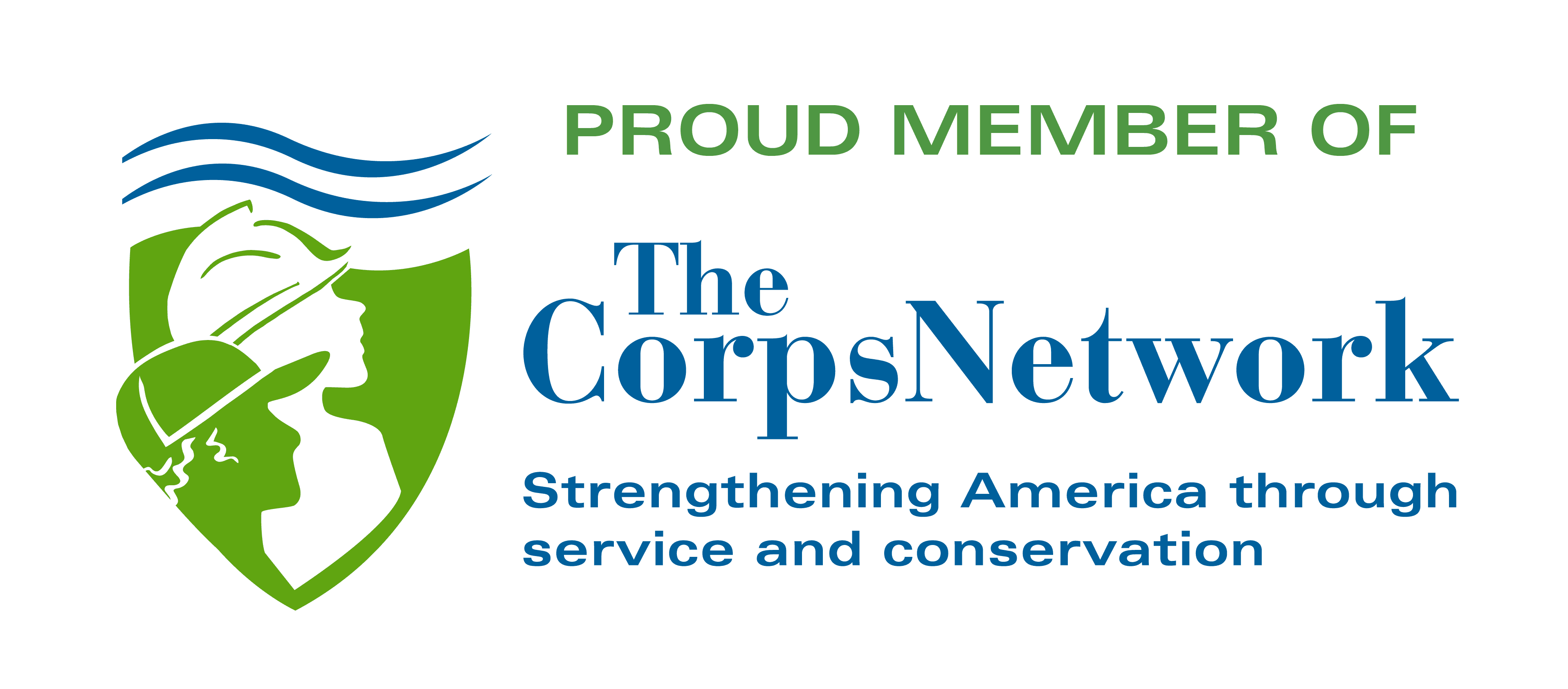
As Ben, a high school junior, embarked on an Expedition with MCC, he was nervous. He’d be going camping for the first time and he was uncertain about spending two weeks with a group of strangers. He wouldn’t be able to use his cell phone or have the comforts of home to lean on. But his worries quickly faded. “[MCC] helped me learn a lot more about myself. Thinking about the future now… I’m not as afraid to be around peers,” he reflected, “Getting older isn’t as scary as I thought.”
Teens and young adults today are facing unprecedented anxieties about the world. According to a survey of 10,000 people between the ages 16 and 25, three-fourths said they think “the future is frightening”. They worry about the climate crisis with more than 64 percent saying their governments were not “doing enough to prevent a climate catastrophe”. Meanwhile, young people juggle increasing mental health challenges than previous generations. They’ve also lived through the pandemic in particularly formative years, which has had lasting delays on their academic achievement, social and emotional development, and mental and physical health. In addition, the US Surgeon General recently issued an advisory about the effects of social media use on youth mental health. In short, this barrage of obstacles is affecting young people’s transition into self-assured adult lives. Fortunately, MCC’s programs address these crises: we provide our participants with the tools to face these challenges and emerge empowered.
In a time of climate anxiety and distrust in institutions, MCC participants leave with a greater connection to the land and the knowledge that they’ve made a hands-on difference in the environment and their community. A Youth Expedition participant shared, “Not only did I learn a lot about how streams work and what a healthy stream is, but I also learned what it feels like to be working physically towards making the streams and surrounding habitat healthier. It felt really powerful and I cared about what I was doing.”
They also learn transferable job skills with MCC. Conservation Fellow Sophia, who went on to graduate school at MSU, raved about the professional connections she built with MCC, “It has opened up so many doors for similar work so that we can become established as young professionals and carry that passion over into our careers.”
Not only do our youth and young adults complete much-needed conservation projects, but more importantly, they learn to tap into their strengths and grow their confidence and leadership skills. Crew leader Jared shared, “This is way more than a job, and more than conservation itself. You’re learning how to evolve as a person.” With MCC, our participants find hope for themselves and the future. “There’s so much happening in this world right now, like climate change and political divide,” reflected crew member Emma, “but I learned that there’s hope when we’re all in this together.” The opportunity to live and work in a group helps corps members experience deep connection and develop the ability to work well with people from all walks of life. A Youth Expedition teen reflected, “This was the best month I’ve had in years, and that was because of the people. My crew members were amazing. They helped me learn that I can connect with people while still being myself.
From high schoolers like Ben who are taking their first steps toward independence to young professionals like Sophia who are looking to build their career skills, each MCC participant develops the skills and competencies that directly combat the crises of their generation: feelings of hopelessness, climate change, mental health struggles, and socio-emotional delays. With MCC, they emerge prepared and empowered to make a difference in today’s world.

![[Image Description: Two MCC members are walking away on a rocky trail, carrying their packs, surrounded by burnt orange bushes. Through the haze in the background, there are a multitude of mountains, overlapping one another.]](https://cdn.firespring.com/images/7ba12407-5e3a-41c1-b4b4-f00aac9d37a1.jpg)




